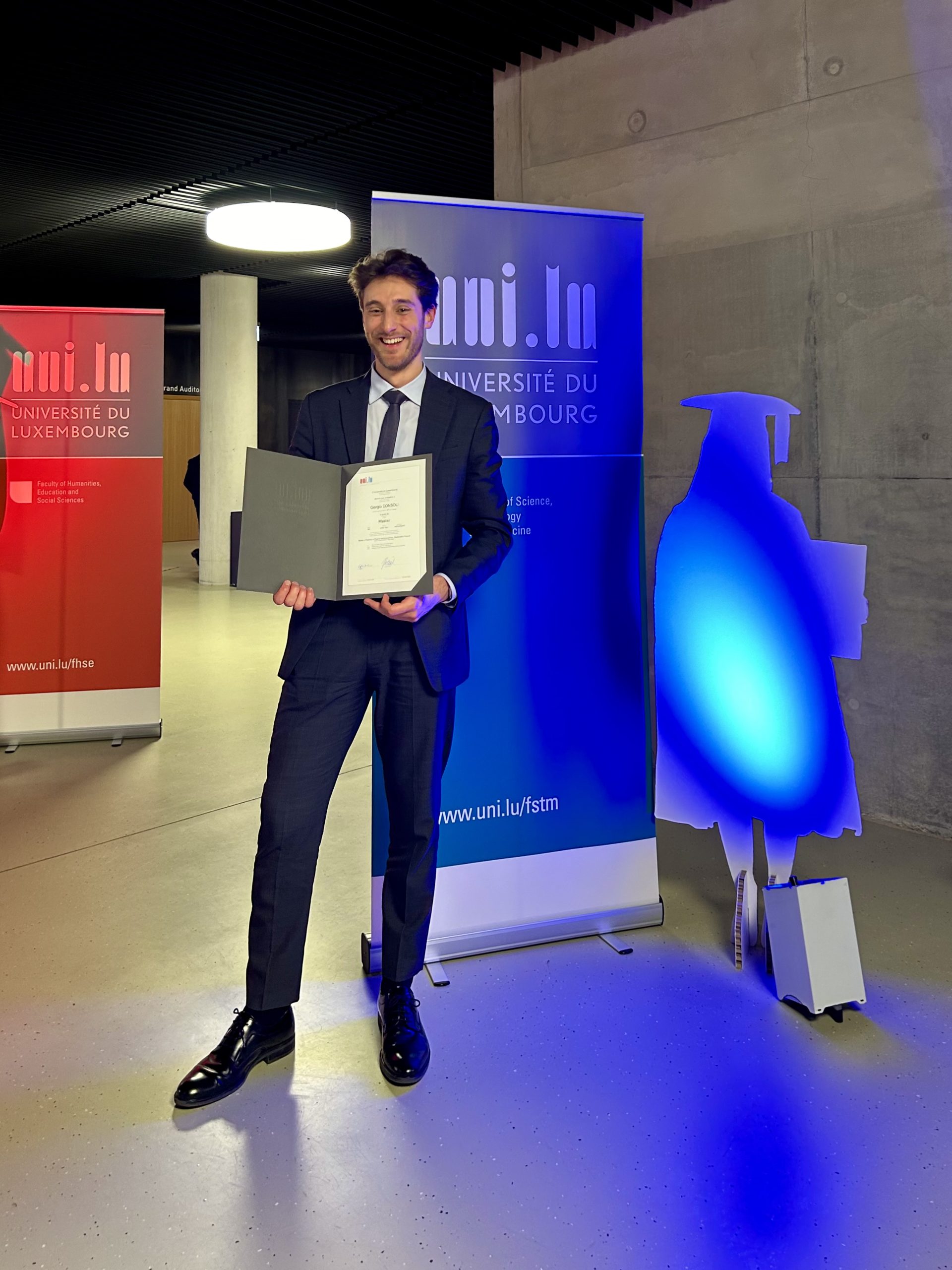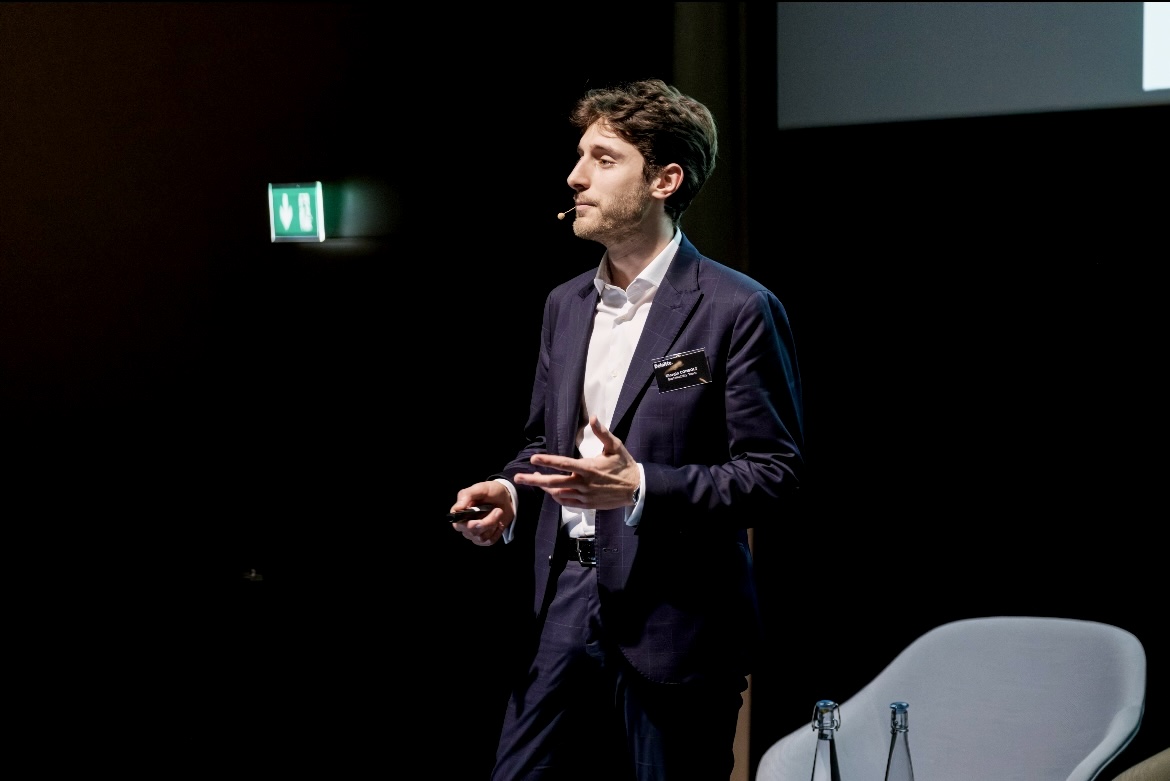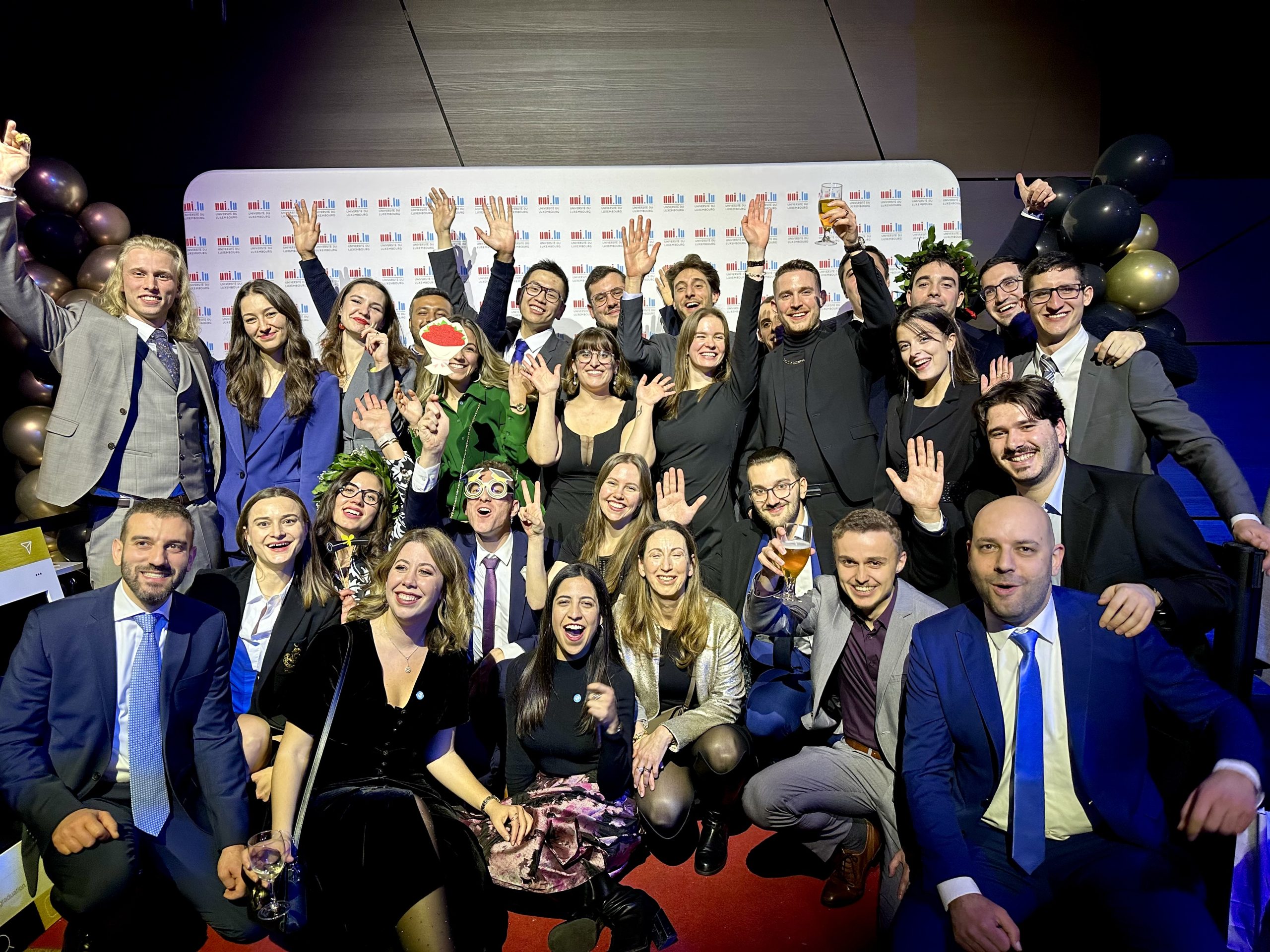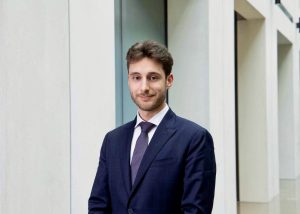Meet Giorgio Consoli, a recent graduate (class of 2023) in the Master in Finance and Economics – Sustainable Finance track. After completing his Bachelor’s degree in Economics in Italy, Giorgio decided to pursue his Master’s degree abroad, seeking an international environment that would allow him to combine his passion for sustainability with a solid financial education.
At the University of Luxembourg, he found exactly what he was looking for: a multilingual, international environment and a Master’s programme closely aligned with his ambitions. Today, he applies his knowledge as an ESG & Sustainability Consultant at Deloitte Luxembourg, contributing to the transition towards more sustainable financial systems.
We spoke with Giorgio about his academic journey and his work today in driving sustainable change.
You did your Bachelor’s degree in Italy. Why did you choose the Master in Finance and Economics for your Master’s degree?
For my Master’s, I wanted to focus more on sustainability. I knew I wanted to be in Europe but outside Italy, in an international environment. I did my research well in advance, and honestly, the University of Luxembourg was my first choice. Luxembourg is a financial hub within Europe and a leader in sustainable finance – the exact field I wanted to work in.
The Master in Finance and Economics is a two-year programme. The first year is more general, with finance and economics and some basics of sustainability. Then you choose a track. There are seven different tracks that you can choose from.
I already knew I wanted to focus on sustainable finance. Around 2019 – 2021, there were many new regulations and a strong focus on sustainability in the market. After the first year, I applied for the Sustainable Finance track, was accepted, and started my third semester, which became my favourite. That’s where we studied sustainability in a very concrete way. After that, I did my internship and then got a full-time position at Deloitte Luxembourg.

Giorgio during the Graduation ceremony at the University of Luxembourg
Why did you want to stay in Luxembourg to work?
Luxembourg is a great ecosystem for sustainability and a major financial hub within the EU. Studying here already gave me a network, knowledge, an understanding of the market, and connections, which together helped me find a job. It made the transition from university to work much smoother compared to starting fresh in another country. Looking back, I’m very happy with that choice – I’ve now been in Luxembourg for over four years.
How did your Master’s prepare you for your consulting role in sustainable finance?
The third semester, where I specialised in sustainable finance, really built the foundation of knowledge I still use today. It was also the perfect preparation for internships, since I could apply what I was studying directly in interviews.
Subjects like investment strategy, implementation, and risk management were particularly useful. We also explored areas such as carbon accounting, regulatory frameworks in the EU and internationally, and emerging trends in sustainable finance. Today, I apply these learnings directly in my work.

Can you describe your current role as a Sustainability Consultant?
My work has three main parts.
First, client consulting – I advise financial institutions like banks, asset managers, and insurers, as well as corporates, on their sustainability journey. This can include carbon accounting, implementing policies, or preparing regulatory reports.
Second, I am part of the Deloitte Foundation, established in 2023 to contribute to the advancement of some of the United Nations Sustainable Development Goals (UN SDGs) through monetary and volunteering contributions and collaboration with NGOs, associations, public entities or academic institutions. Within the Foundation, I help organise volunteer initiatives, including food collections, school training sessions, and environmental projects.
And third, the EMEA Sustainability Regulation Hub – I work with Deloitte UK to monitor and analyse the impact of new and existing sustainability regulations. We publish reports, run webinars, and provide expertise to colleagues and clients.
Internally, I also contribute to Deloitte Luxembourg’s sustainability initiatives, such as supporting the preparation of our Impact Report and facilitating climate training for employees.
Since you work in sustainable finance, do you also need deep knowledge of environmental and climate issues?
Absolutely. You can’t create impactful financial solutions without understanding the underlying environmental problems. In the Master’s, we studied fundamental sustainability from a scientific perspective, and that knowledge is essential in my work.
Looking back, what do you value most from your time at the University of Luxembourg?
The people. I moved to Luxembourg alone during the pandemic, but I was lucky to find classmates who became close friends. We helped each other with studies, job applications, and internships. Those connections are still part of my life and network today. The international environment was also invaluable – I learned a lot from working with people from all over the world.

Giorgio during the Graduation ceremony at the University of Luxembourg
What advice would you give to students who want to work in sustainable finance?
Be curious and never stop learning. Sustainability links your personal goals and ambitions with the chance to make a positive impact on society. For me, that’s the biggest motivation – to use my skills and knowledge to contribute to something meaningful.
And finally, what’s next for you?
I’m still early in my career and want to continue learning and building expertise. Sustainability is a fast-evolving field – there are always new regulations, scientific findings, and market trends to adapt to.
This year, I completed the CFA in Sustainable Investment, and I plan to take another exam soon. My main goal is to keep growing in this field, both professionally and personally, and to stay engaged in Luxembourg’s sustainability ecosystem.
